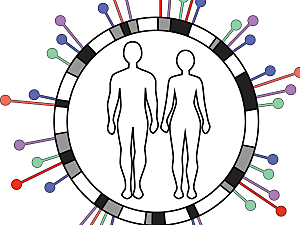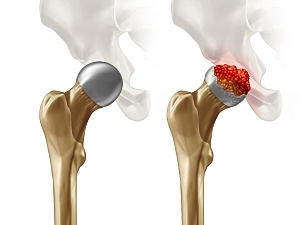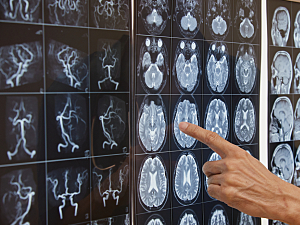Proof of Concept: Presenilin-based Gene Therapy Targets Early-onset Alzheimer’s Disease Carrying PSEN Mutations

Mutations in human presenilin genes (PSEN1 and PSEN2) are the major cause of early-onset familial Alzheimer’s disease (FAD). Building on the previous work, Brigham reserachers have published preclinical evidence that using gene therapy to deliver a functional copy of PSEN1 may someday be able to treat FAD.
Read More...







